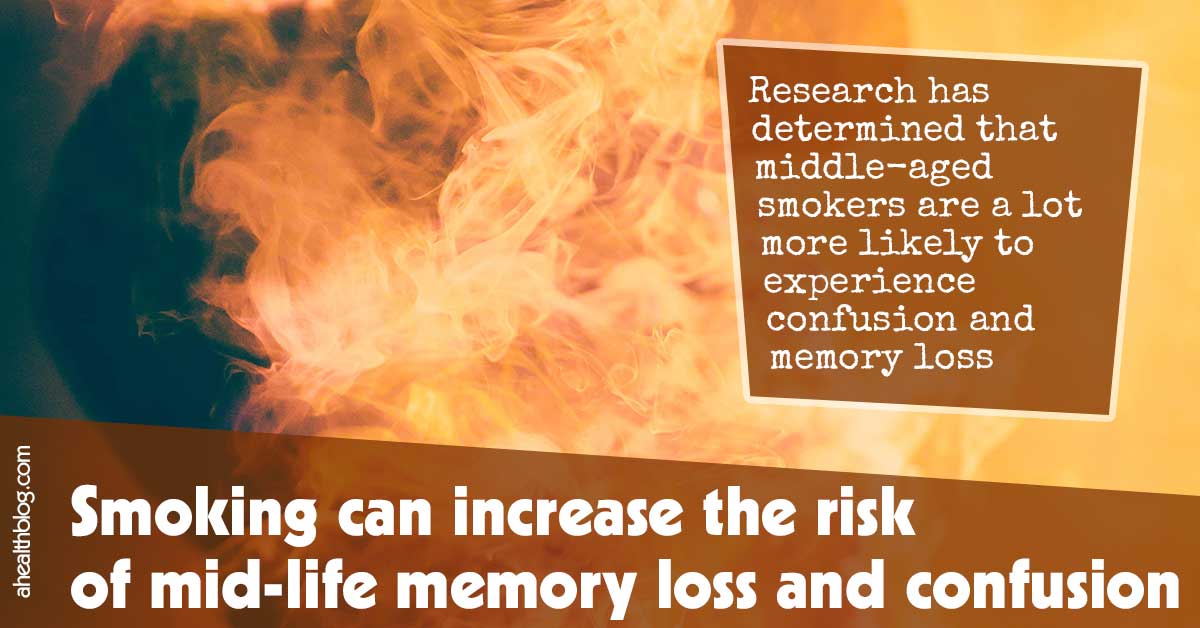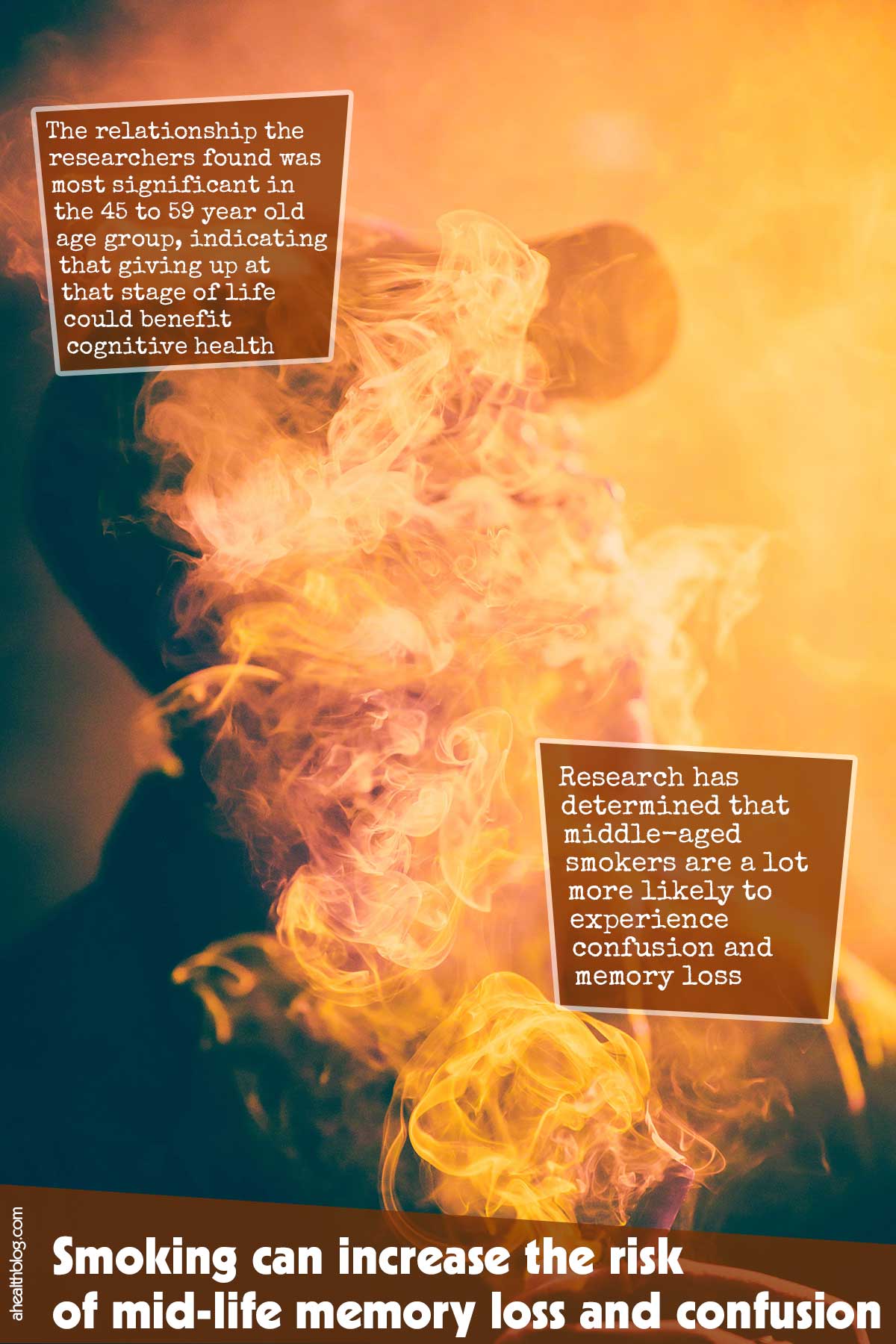Research has determined that middle-aged smokers are a lot more likely to experience confusion and memory loss compared to nonsmokers, and the chances of cognitive decline are reduced for individuals who have given up, even recently.1✅ JOURNAL REFERENCE DOI: 10.3233/JAD-220501
The research looked at the smoking and cognitive decline association making use of a 1-question self-assessment that asked individuals if they’ve experienced more frequent or worsening memory loss or/and confusion.
The results build on earlier research that confirmed associations between smoking and Alzheimer’s. It’s also additional evidence that giving up smoking isn’t just beneficial for cardiovascular and respiratory health, but also neurological health.
The relationship the researchers found was most significant in the 45 to 59-year-old age group, indicating that giving up at that stage of life could benefit cognitive health. A similar difference wasn’t found in the oldest age group, which could mean that giving up earlier gives greater benefits.
Data for the study originated from the Behavioral Risk Factor Surveillance System Survey and made it possible for the researchers to compare subjective cognitive decline measurements for recent former smokers, current smokers, and individuals who had given up years before. The analysis consisted of 136,018 individuals 45 and older, and approximately 11% reported subjective cognitive decline.
Subjective cognitive decline prevalence in smokers was nearly 1.9 times more than the nonsmoking group. Prevalence in individuals who had given up less than 10 years ago was 1.5 times more than the nonsmoking group. Individuals who gave up more than 10 years prior to the survey had a prevalence of subjective cognitive decline just slightly more than the nonsmokers.
This is a simple evaluation that could easily be carried out regularly, and at a younger age than cognitive declines are normally seen that qualify as an Alzheimer’s or dementia diagnosis. It’s not an extensive questionnaire, it’s more a personal indication of cognitive status to establish if an individual is feeling like they’re not as mentally acute as they used to be.
The researchers say that it’s important to bear in mind that these self-reported observations don’t qualify as a diagnosis, or confirm if an individual is experiencing cognitive decline out of the normal process of getting older.




